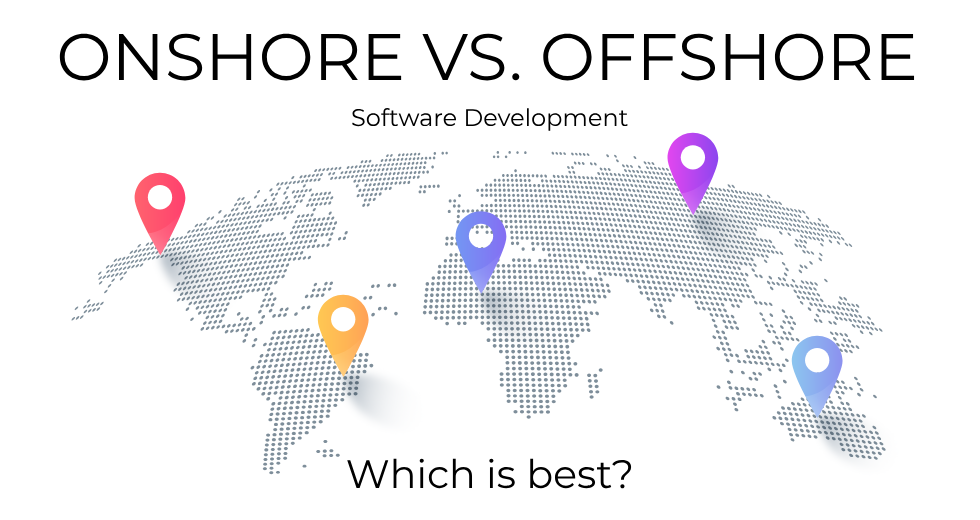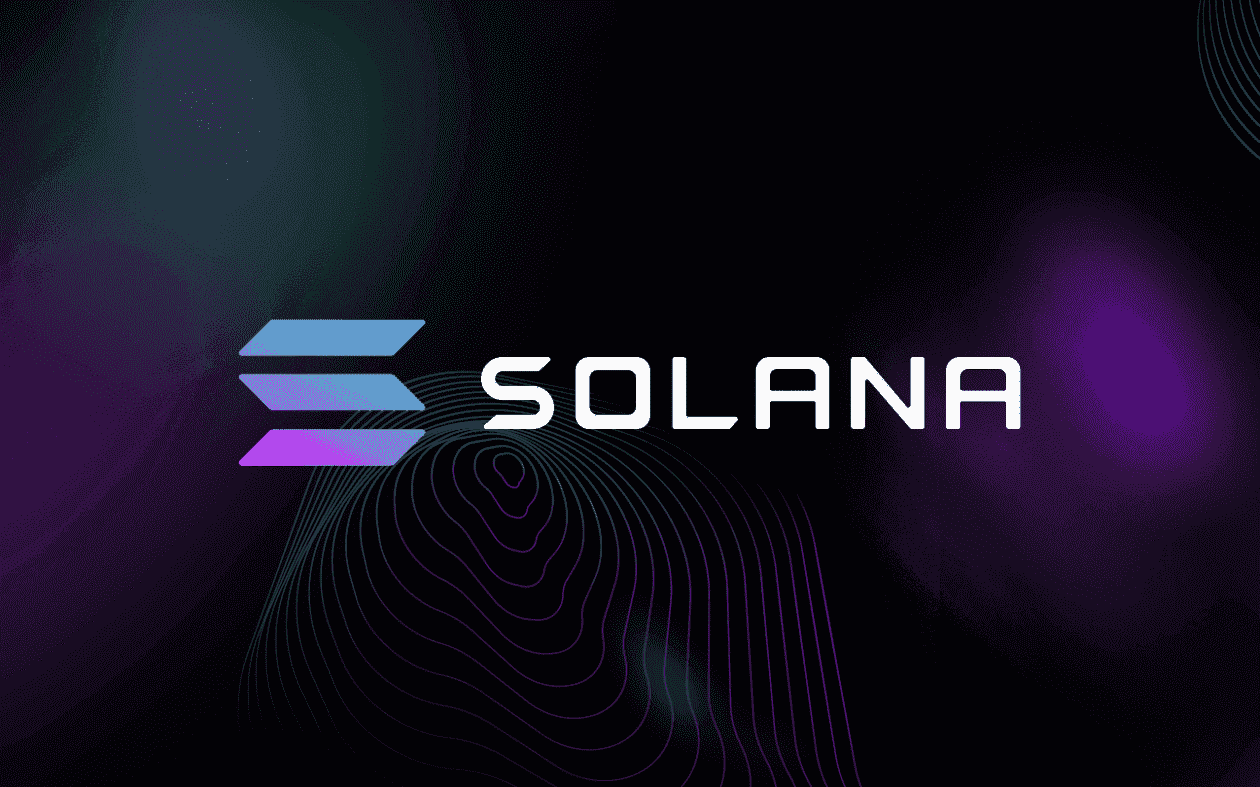
Electronic Health Records (EHRs) and Electronic Medical Records (EMRs) have revolutionized the way healthcare is delivered. These digital systems have transformed traditional paper-based records into efficient, secure, and patient-centered solutions. Here's why EHR/EMR software is indispensable in modern healthcare:
The Importance of EHR/EMR Software
Improved Patient Care
Enhanced Decision-Making: EHR/EMR systems provide healthcare providers with real-time access to comprehensive patient information, enabling informed decision-making.
Reduced Medical Errors: By automating tasks and minimizing manual data entry, EHR/EMR software helps reduce the risk of medical errors.
Improved Patient Safety: EHRs can identify potential drug interactions, allergies, and other safety concerns, leading to safer patient care.
Enhanced Patient Engagement: Patient portals allow patients to access their health information, schedule appointments, and communicate with providers, fostering better patient-provider relationships.
Increased Efficiency and Productivity
Streamlined Workflows: EHR/EMR software automates routine tasks, such as scheduling appointments, generating prescriptions, and billing, saving time and resources.
Improved Documentation: Electronic documentation is faster and more accurate than paper-based records, reducing administrative burdens.
Enhanced Interoperability: Seamless data exchange between healthcare providers improves care coordination and reduces redundant tests.
Better Financial Management
Improved Revenue Cycle Management: EHR/EMR systems streamline billing and coding processes, leading to faster payments and reduced revenue leakage.
Enhanced Cost Control: By identifying opportunities for cost reduction, such as reducing duplicate tests or unnecessary procedures, EHR/EMR software can help healthcare organizations improve their bottom line.
Enhanced Data Security and Privacy
Robust Security Measures: EHR/EMR systems employ advanced security measures to protect sensitive patient information from unauthorized access.
Compliance with Regulations: These systems help healthcare organizations comply with regulatory requirements, such as HIPAA, ensuring data privacy and security.
In conclusion, EHR/EMR software development has become an essential tool for healthcare providers. By improving patient care, increasing efficiency, and enhancing financial management, these systems are driving the future of healthcare.






Write a comment ...